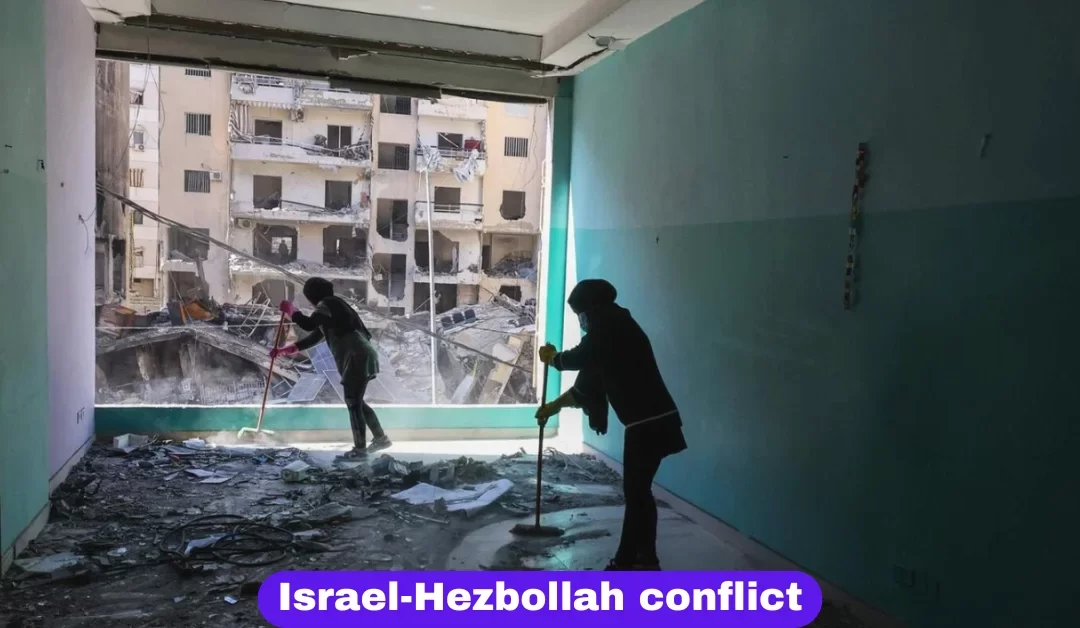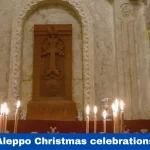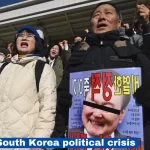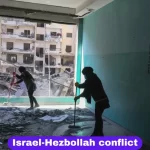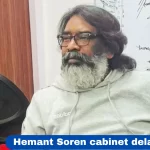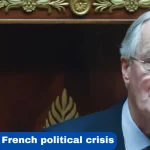Rising Tensions Between Israel and Hezbollah
The fragile truce between Israel and Hezbollah in Lebanon faces a critical test. Israel has warned that if the ceasefire collapses, it will launch deeper and more intense strikes, targeting the Lebanese state itself. This marks a significant shift in Israel’s strategy, highlighting the gravity of the current situation.
The Threat from Israel: Stronger and Deeper Attacks
Israeli Defense Minister Israel Katz made the country’s stance clear on Tuesday.
- No Separation from the State: Katz stated that Israel would no longer distinguish between Hezbollah and the Lebanese government. If the ceasefire fails, Lebanon as a whole will face the consequences.
- Expanded Military Strategy: Katz warned, “If we return to war, we will act strongly, we will go deeper, and the state of Lebanon will no longer be exempt.”
- First Test of the Ceasefire: Monday’s events marked a turning point, with Hezbollah shelling an Israeli military post and Israel responding with airstrikes that killed at least 12 people in Lebanon. Katz described these actions as a critical “first test” of the truce.
Lebanon’s Response Calls for International Intervention
Lebanese leaders have reacted with urgency, appealing to global powers to stabilize the situation.
- Diplomatic Efforts: Prime Minister Najib Mikati and Speaker of Parliament Nabih Berri reached out to officials in Washington and Paris, asking them to pressure Israel to respect the truce.
- Strengthening Local Forces: Mikati announced a recruitment drive to bolster the Lebanese army’s presence in southern Lebanon, aiming to enforce the ceasefire terms and counteract Hezbollah’s influence.
- Log of Violations: Lebanon claims Israel has already committed at least 54 breaches of the ceasefire, underscoring the fragile nature of the agreement.
Details of the Ceasefire Agreement
The truce, effective since November 27, aims to prevent further violence in the region.
- Key Terms:
- Israel agreed to halt offensive operations in Lebanon.
- Lebanon must stop armed groups, including Hezbollah, from attacking Israel.
- Israeli troops are required to withdraw from southern Lebanon within 60 days.
- International Monitoring:
- A US-led mission has been tasked with monitoring and verifying compliance. However, the committee’s work has not yet begun.
- French General Guillaume Ponchin is expected to join the committee and hold the first meeting soon to address the escalating situation.
Hezbollah’s Role and Its Impact on Lebanon
Hezbollah’s actions continue to challenge Lebanon’s stability and international diplomacy.
- Hezbollah’s Shelling: Monday’s attack on an Israeli post violated the truce and drew a swift response from Israel, heightening tensions further.
- Pressure on Lebanon: Israel insists the Lebanese government must disarm Hezbollah and enforce the agreement by pushing the group beyond the Litani River, about 30 km from the Israeli border.
- Economic and Political Strain: The ongoing conflict threatens to destabilize Lebanon’s already fragile economy and political landscape.
What’s Next? Ensuring Stability Amid Fragile Peace
As the region teeters on the edge of renewed conflict, several key actions are necessary to maintain peace.
- Immediate Diplomatic Action: International powers, particularly the US and France, must ensure both sides adhere to the ceasefire terms. Prompt action by the monitoring committee is crucial.
- Strengthening Local Governance: Lebanon’s government must assert control over Hezbollah and demonstrate its ability to uphold the truce.
- Long-Term Solutions: Both nations need to explore long-term measures to address the underlying causes of the conflict, reducing the likelihood of future escalations.
A Critical Juncture for Peace
The situation between Israel and Hezbollah has reached a critical point. Israel’s threats to escalate the war if the ceasefire fails underline the fragility of the current peace. With international intervention and a united effort from Lebanon’s government, there is still hope to avoid a devastating conflict.

